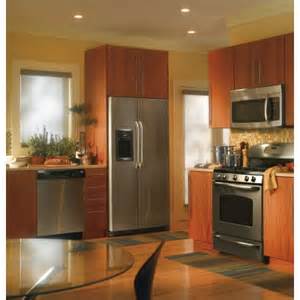by Lisa Janusz
 I was explaining to my eldest son recently how much televisions have changed since I was a child. He sat mystified that even I remember having to physically get up to change the channel. And that if I wanted to watch a show, I had to be home at the right time. With all the advancements – remote control, big screens, on demand – it’s no wonder that they have become for many a “need” over want.
I was explaining to my eldest son recently how much televisions have changed since I was a child. He sat mystified that even I remember having to physically get up to change the channel. And that if I wanted to watch a show, I had to be home at the right time. With all the advancements – remote control, big screens, on demand – it’s no wonder that they have become for many a “need” over want.
I’ve seen interior decorating take some interesting stances on televisions. Some are going “old school” and going back to living rooms without T.V.s and saving them only for family rooms. Some are just trying to incorporate T.V.s in a better way through “hiding” them or making them part of a feature or gallery wall.
In Feng Shui, televisions are like black holes. They suck energy, both when they are on and when they are off. Yet, for many of us (including me!), we like them and aren’t going to part with them anytime soon.
If you want to minimize the impact of your television, here are some quick tips:
- DO have a television the right size, that doesn’t dominate the room
- DO have a way to de-emphasize it if it’s in a main entertaining/social area. You can do that by keeping it in an armoire, hiding it behind a picture or incorporating it in the ambiance (think fake fire or pretty scenery photos)
- DO have a television in the appropriate room – living room, family room, den, or home theater. Don’t put a television in a room that conflicts with the purpose of the room. Rooms that are not appropriate for a T.V.:
- Bedrooms: Yours or your child’s. Yes, we hear people tell us they need them to fall asleep. And most of the time – those same people don’t sleep well. They bring in too much energy. Your room should be a sanctuary. Kids should also have a calm room because they typically don’t need to be bombarded with more energy.
- Kitchens: This is a room for nurturing your family and connecting. A television interferes with that.
- Bathrooms: This is a room that already has a lot of draining energy in it, why add another drain? Where did this trend come from anyway? How much time are they spending in there?
- Office: Unless your work aligns with a T.V., it’s a message about being distracted from your goals.
Keep in mind that your space communicates to others about you – your life, your interests, your goals. That’s a key principle of Feng Shui. As you look at your television(s), how many and where they are located, think about what message you’re sending.
If you’d like more tips, here’s a previous post I wrote about televisions and Feng Shui. I also address how to deal with a T.V. that won’t be moving.






Recent Comments